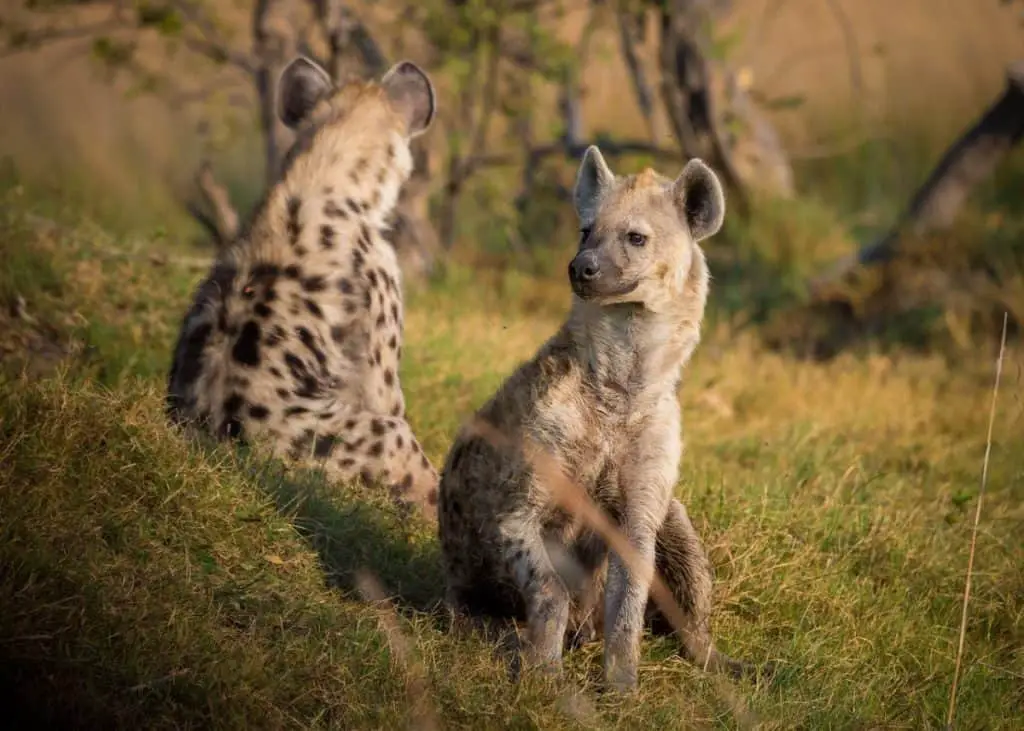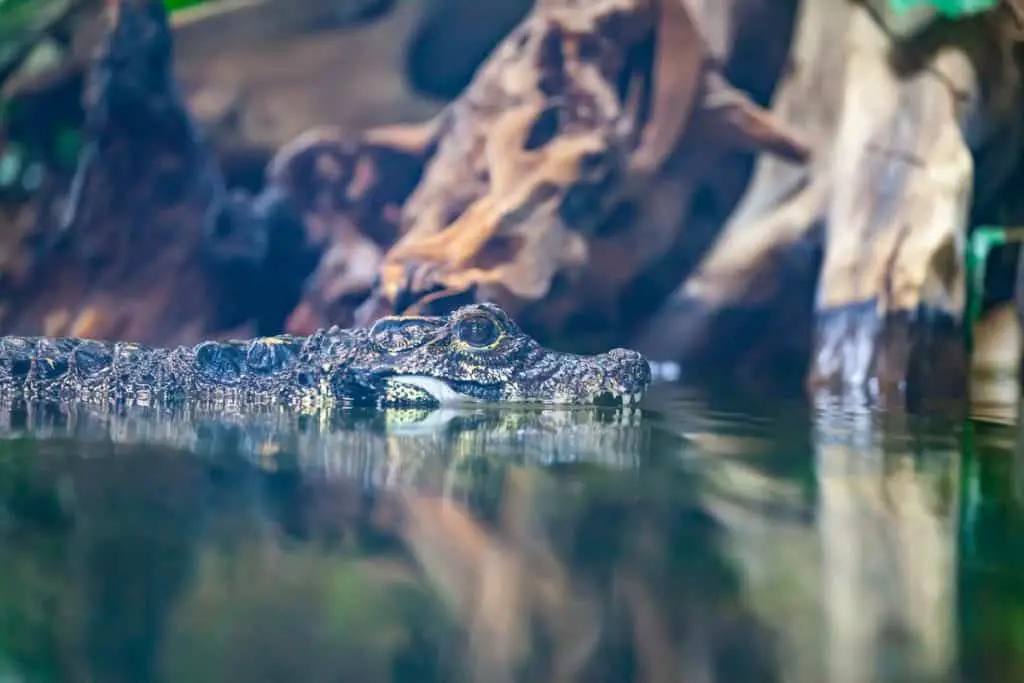The king of animals. Africa’s most dangerous predator. The lion is one of the most beautiful animal species globally, with a massive mane, sharp claws, and a powerful jaw.
The lion has no natural adversaries. The lion can hunt any African animal that shares its habitat, except for the adult elephant. Hyenas and the African wild dog can cause a threat with their numbers, while crocodiles can surprise them at waterholes.
The lion is one of the primary attractions of African safaris. This “Big Five” member has inspired explorers, artists, rulers, and even governments for hundreds of years. They continue to dominate vast portions of the African savannah, despite their population decreasing in recent decades.
When creating the food chain in the African savannas and steppes, the lion is generally put at the level of superpredator, with no layers above the necrophagous or scavenging animals, who feed on the remnants left by this formidable predator or on their offal when the lion dies.
As a result, if we exclude man from the equation, the lion has very few natural adversaries.
Do you know the differences between a lion and a tiger? Find out here

Hyenas, the lion’s major adversaries
Some carnivorous creatures are a nuisance to lions, threatening or even killing their cubs. The hyena is the lion’s most direct rival.
The number of fighters determines the outcome of the battle between the two beasts. A lioness that has been hunted might be chased away and her game stolen by a dozen hyenas.
A pair of mature males reinforcing their females, on the other hand, will drive any hyena herd away from the feast and maintain them at a safe distance until the lion pride has eaten its fill.
In reality, the protection of downed prey is one of the functions of male lions, which explains their corpulence and passive hunting behaviour. On the other hand, a lone lion can be stalked by hyenas in certain circumstances. In reality, hyenas prey on the majority of old male lions.
When lion cubs are separated from their pride at night or when their moms go hunting, their babies can be discovered by the hyenas’ keen sense of smell.
Do you know what the predators of primates are? Find out in this article I wrote
The African wild dog
In nature, size does not always matter. On the African savannah, the most muscular animals do not necessarily survive. The cleverness of this wild dog has exceeded the might of the lion.
This species eats terrestrial vertebrate species, including wildebeests, zebras, and antelopes, and has a carnivorous diet. It prefers to hunt creatures twice its size in groups and smaller animals while hunting alone.
African wild dogs have a unique hunting strategy known as exhaustive predation. They are relentless pursuers and long-distance hunters.
Like hyenas, African wild dogs are said to feed on elderly lions and may eat abandoned cubs.
This is made feasible by their enormous fighting force, which may include up to thirty members in each pack.
When the pride spots the prey, they begin following it at speeds of up to 55 km/h, and as they catch up to it, they start tearing it apart so that it dies. The flesh is subsequently consumed.
A lioness usually captures their prey when separated and has no advantage. However, they employ all of these hunting skills on the few occasions where their target is eager to fight back.
Lions are known as the kings of the jungle but do you know why? Find out in this article I wrote
African Crocodile
A male lion is 530 pounds of testosterone and temperament, and this cat was born to fight. His 11-foot body is packed with muscle and a pair of natural weapons: 3-inch canines and 3-inch claws.
The African crocodile is an 18-foot cold-blooded predator. At 2500 pounds, this reptile captures large prey like zebras drinking at the river.
A hungry crocodile would also sense the meal at an African waterhole where a Lion is feeding at the water’s edge.
The lion is heavy and fast, while the crocodile is agile, strong, and has its area of advantage.
Averaging 3 to 4 rotations per second once it bites its victim and being five times heavier than a Lion, the crocodile excels in power with the security of solid armour.
There are five ways that elephants communicate. Find out what they are here

How would the crocodile beat the lion?
With its deadly bite, the lion would be sure to be able to defend its prey, but the crocodile protects himself with body armour that neither teeth nor claws can penetrate.
The crocodile’s body roll and quick reflexes keep him out of danger. Back in the water, there have been reports and sightings on video of surprise attacks on lions when they are over the danger zone with their guard down.
When a crocodile ambushes with its powerful bite, there is no turning back, with an average force of 3,700 pounds per square inch (psi), or 16,460 newtons, of bite force.
The lion can die within minutes once it is captured by this incredible force and driven into the water, where it lacks the skills necessary to survive, drowned and beaten by its wounds.
And it’s no surprise, with the greatest bite force ever directly recorded for living creatures, crocodiles may be the most powerful bite in nature. Their biting ability may equal that of the T-Rex.
Do you know what the main characteristics of primates are? Find out here
“Apex vs Apex”
As you can see, being an apex predator in nature doesn’t always mean being free of danger.
Lions are powerful beings, and while they aren’t usually running from other savannah animals, they can become victims of encounters with other species, like ourselves!
The ultimate modern lion predator
Humans are the ultimate enemy of the Lions in this modern age, with illegal hunting and modern weapons.
Lions are one of the many animals that are threatened with extinction. Their numbers have fallen by 30 to 50 per cent in recent decades, making their existence unviable outside of natural reserves.
This problem is partially due to habitat degradation, and conflicts with human populations, so many zoologists worldwide are collaborating to boost the number of species in captivity.
Did you know that male lions kill cubs? Find out the reason here

